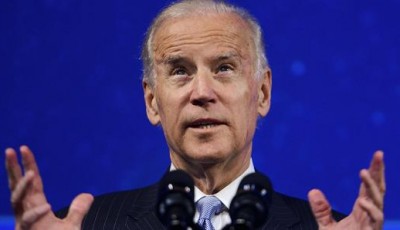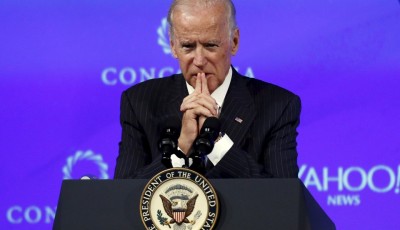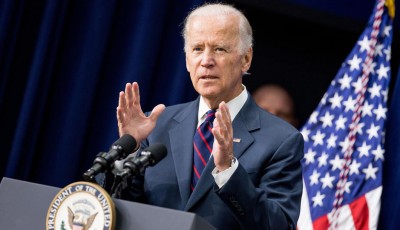College affordability plan proposed
In May, Vermont Sen.
It would offer free tuition for two-year courses at community colleges and extend generous subsidies to help students attend four-year courses at public universities with no or minimal loans. The $70 billion annual proposal would be funded by imposing a tax on transactions by hedge funds, investment houses and other Wall Street firms.
The lower tuition rates at public colleges and universities would allow students who rely on federal aid to use a portion of it to cover their living expenses, Clinton said.
Clinton will also pledge to continue President Barack Obama’s free tuition plan at community colleges, as well as ensuring that students will “never have to pay more than 10% of their income when repaying the loan”.
Moreover, Clinton wants to reduce interest rates on federally subsidized Stafford loans so that the program breaks even rather than returning a profit to the government, and even calls for allowing those with existing student loan debt to refinance at the lower rates.
Clinton’s plan would also expand income-based repayment programs, allowing every student borrower to enroll in a plan that would cap their payments at 10 percent of their income with remaining debt forgiven after 20 years.
The total cost of Clinton’s proposals would be $350 billion over 10 years and would be paid for by capping itemized tax deductions for the wealthy. Over the course of the next decade, more than $600 billion would be raised, according to the U.S. Treasury Department.
No American should take out a loan to go to a public college, says Democratic presidential candidate Hillary Clinton. “That’s what’s going to happen here again unless they have competition”.
“The compact proposed by Hillary Clinton is a strong starting point for a discussion that zeros in on the issues that are in the public mind and have been raised by leaders in both parties: accountability, outcomes, college costs and manageable loan repayment”, he said. States would have to increase their own spending on higher education, and universities would be required to control spending, though the Democratic presidential front-runner hasn’t yet worked out details.
The Clinton Foundation also lists Laureate worldwide Universities as one of its donors, giving $1 million to $5 million during the first half of this year.
Turek says there are three things to consider when discussing college debt; what could happen to the private college; what could happen to the taxpayer; and trying to clearly comprehend the effects of the proposals. Senator Elizabeth Warren (D-Mass.) has already introduced a student loan re-finance bill that was shot down in the Senate.
“This irresponsible proposal would raise taxes, increase government debt, and double-down on the failed Obama economic policies that have led to a “new normal” of sluggish economic growth, rising college costs spurred by Washington, and limited opportunities for all Americans – including recent college graduates”, Bush said in a statement. Clinton’s plan does not almost go far enough and isn’t the “bold transformation” we had hoped she would deliver. Students entering college are older and have more family responsibilities than those a generation ago, yet many institutions have been slow to respond to their needs.












